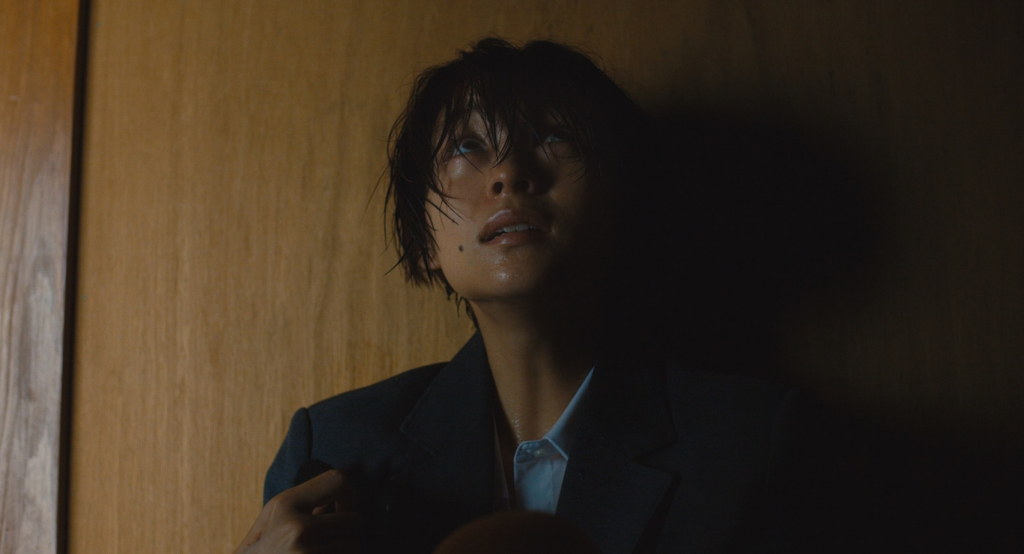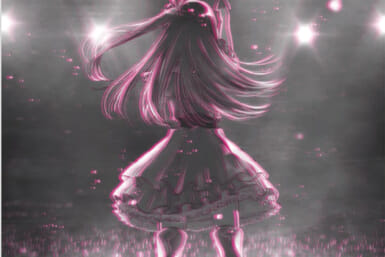The Golden Rule of making prequels is: Don’t. If the story before the story is more interesting than the original story, why didn’t you tell that one in the first place?
With that in mind, a title like Ju-On: Origins doesn’t bode well for the latest iteration of the 22-year-old J-horror franchise that has been going through a considerable identity crisis since its original, initially very clingy director left it.
From 1998 until 2006, Takashi Shimizu directed the first two short films, the first two home video features, the first two Japanese theatrical movies, and the first two Japanese-American co-productions. He made them stand-out genre experiences by mixing subtle tension with silly-but-fun jump scares, accentuated by occasional gore, kept loosely together by fractured storytelling, and sprinkled with unusually sincere explorations of the darker sides of human nature.
After Shimizu’s departure, further sequels, spin-offs, reboots and crossovers broke with the old formula, but couldn’t come up with a convincing new one. Netflix has the most recent Ju-On movies filed under ‘Teen Scream,’ which is sadly accurate.
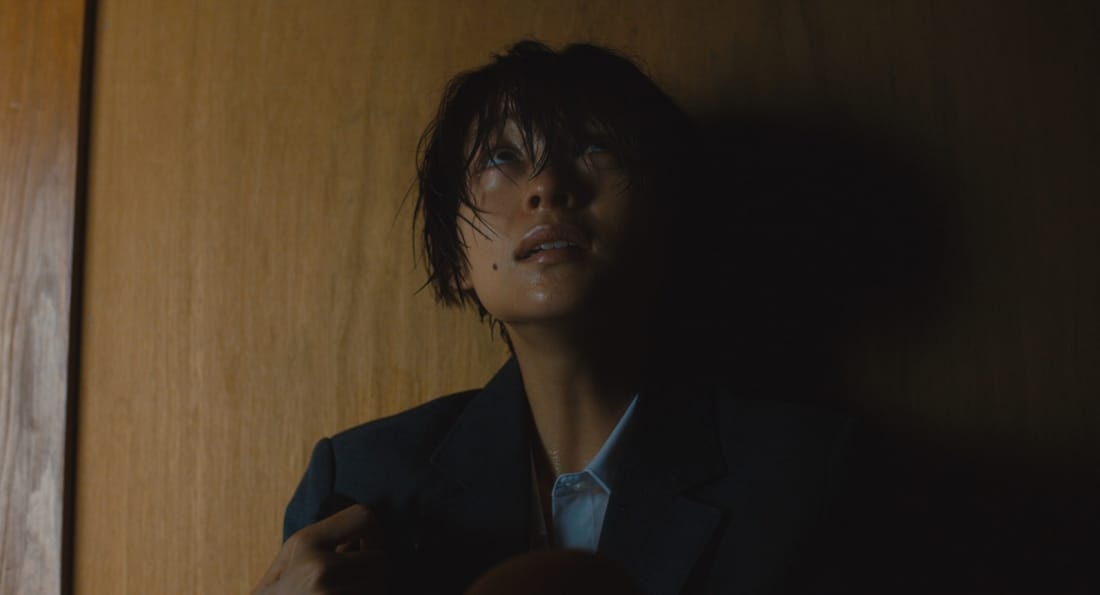
Netflix
Popcorn is Over
Ju-On: Origins, Netflix’s own attempt at reviving the franchise, however, puts away all childish things, even though the premise sounds hackneyed enough: The Ju-On movies, we learn, were based on real events (of course). Those real events were much scarier than those portrayed in the movies (of course). So, sit back, grab some popcorn, and see what really happened.
And put that popcorn away again immediately. Ju-On: Origins is not the show that anybody will have expected. It is not for enjoyment, not even in the most desensitized hardcore horror way. It is, nevertheless, not to be missed. As long as you are not of the faint of heart (that cannot be stressed enough).
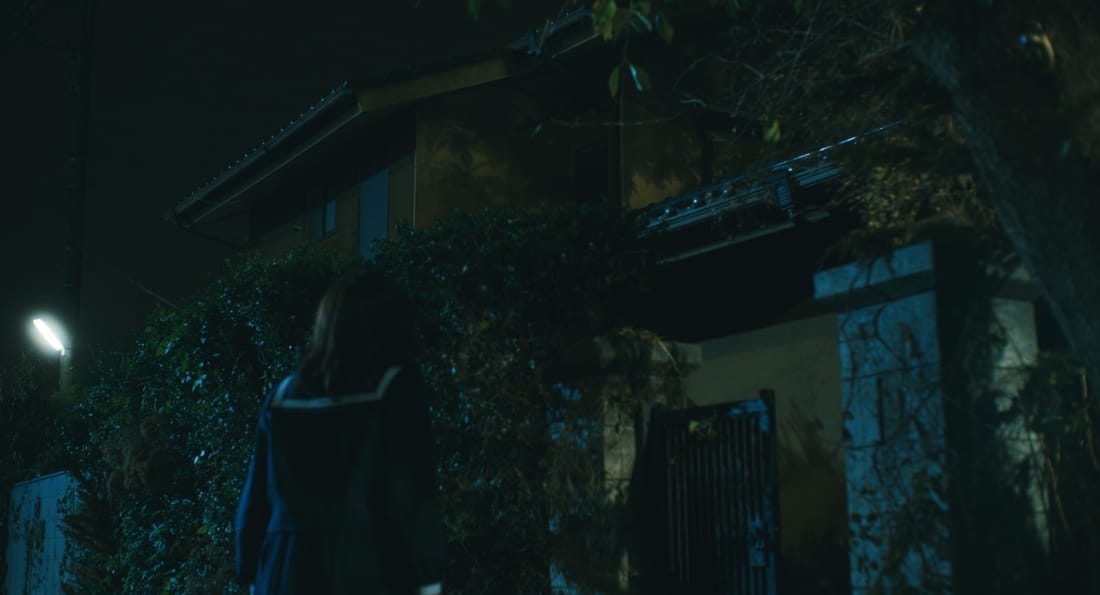
Netflix
Holding on to a Grudge
On the surface, it all sounds very familiar: We revisit the house where the original grudgeful ghosts were created in a gruesome act of domestic violence. Apparently, it wasn’t the first one. Keeping with traditions, the plot is told in alternating vignettes featuring different characters visiting the property or living in it. It is all loosely kept together by the story of a supernatural investigator (beloved character actor Yoshiyoshi Arakawa) who has his own history with the house.
The original films’ scary blue and white ghosts with their eerie sounds are rarely heard or seen here. Oh, you wish they would appear. You can handle the ghosts. At least you can handle them and their deeds better than what the living are doing to each other in the six brilliant, tragic, mercifully short episodes of Ju-On: Origins. There are harrowing scenes of child abuse and spousal abuse, rape and one improvised C-section performed on a recently deceased character.
Except for that C-section, those scenes are not particularly explicit in their depiction, but they are all extremely unpleasant in their suddenness and matter-of-fact presentation.
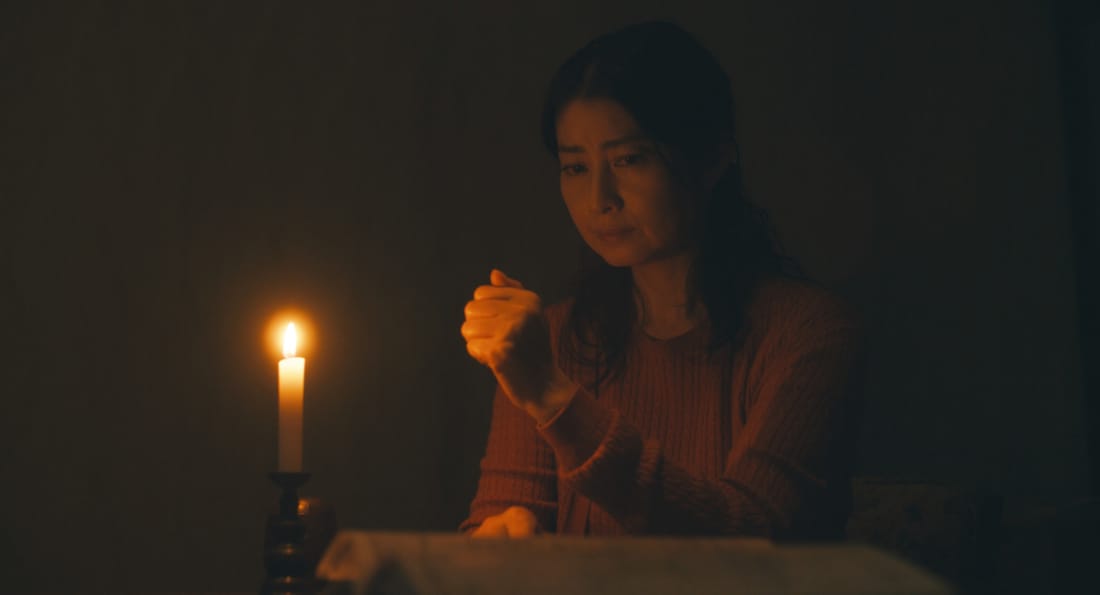
Netflix
Who Needs Ghosts?
It is tough stuff, but it is not done for cheap thrills. It reminds us that the early Ju-On films were about more than ghosts making scary sounds and pulling underdeveloped characters into haunted closets.
Original producer Takashige Ichise returns as a co-writer. That alone might not mean much since he also co-wrote the lackluster double-bill of Ju-On theatrical films from 2014 and 2015, but this time you can almost hear him thinking: What if we get rid of those silly ghosts altogether, and show people something actually scary? They did, and they did so in an admirably low-key, non-sensationalist way that puts Ju-On: Origins way ahead of other recent horror fare on the small or big screen.
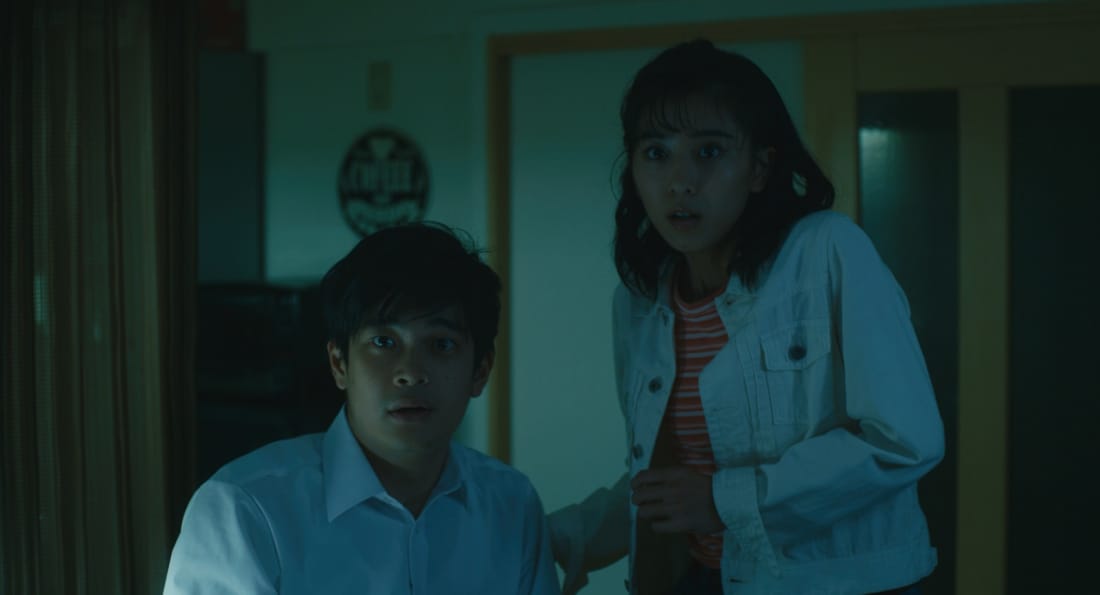
Netflix
The Beginning of the End
With the show’s heavy themes, it seems almost imprudent to comment on the production’s more superficial aspects. Yet, it is worth noting that the care and sincerity that went into the depiction of human cruelty and suffering also went into making the era the stories take place in come alive.
The 1980s and ‘90s are recreated without going overboard with nostalgic or satirical excess. Yes, there are the typical haircuts, state-of-the-art analog equipment and oversized white socks. But it all just happens to be in the frame. The camera never pulls special attention to it, screaming: Look! The 20th century! Crazy!
As stellar an achievement as Ju-On: Origins is, maybe it is time for The Grudge to end with it. Not only is it a fittingly high note, it is also hard to imagine where to go from here. A return to a lighter tone would be undignified and trivial. To dive even deeper into humankind’s rotten core might become an empty exercise in despair and darkness. As for this (potential) final chapter actually being the very first one: That’s just so Ju-On.

